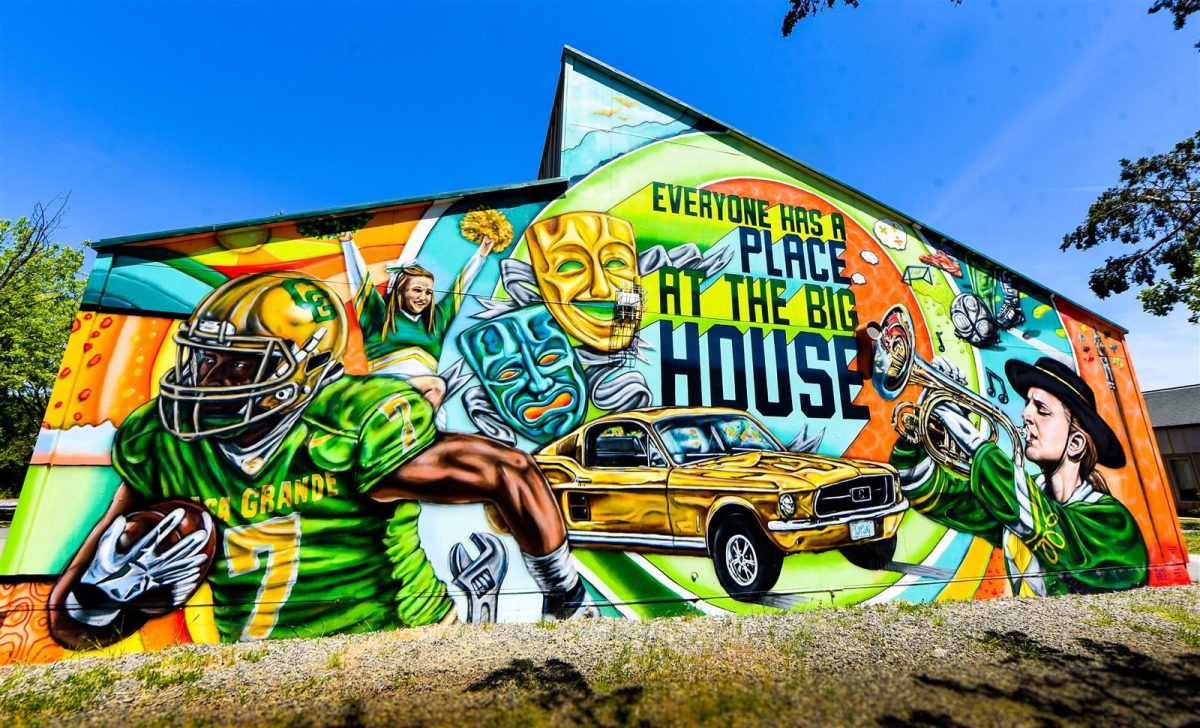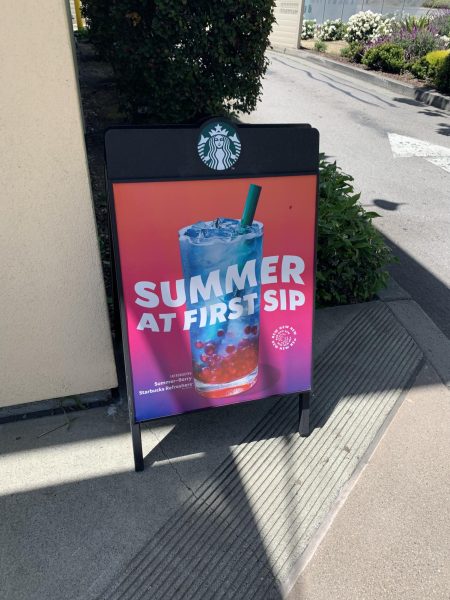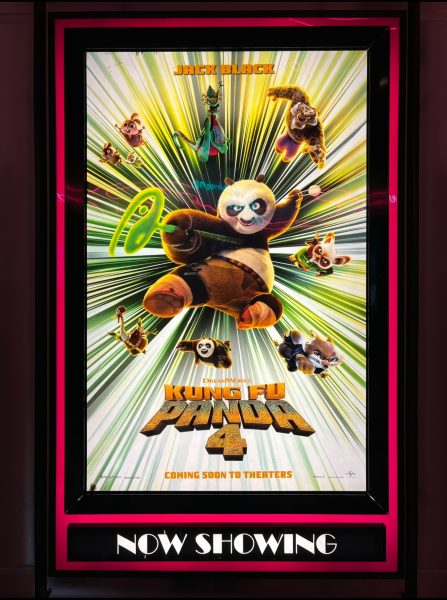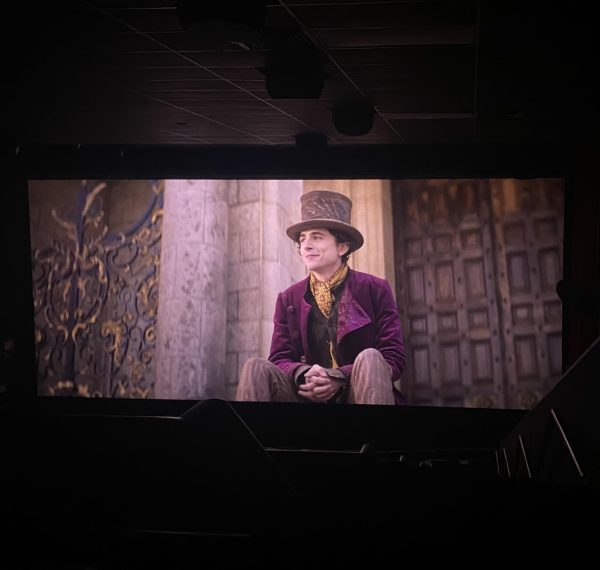Blonde by Frank Ocean
★★★★☆ 4/5
One thing is for sure: in Frank Ocean’s world, good things take time — over four years, to be exact. After Ocean burst onto the scene with the release of his critically acclaimed album “Channel Orange” in 2012, many suspected a sophomore album would be imminent. Ocean, however, had a different vision. After numerous false alarms and supposed “drop dates” that came and went, Ocean finally released his second LP “Blonde” (stylized as Blond in the cover art) on August 20th.
For those awaiting a follow-up in the same strain as Channel Orange, beware: Ocean exchanges his falsetto-filled melodies for more contemplative pieces that shift between altered audio and spoken word, carefree rapping and rambling streams of dialogue. This decisive move downplays Ocean’s prowess as a vocalist, and instead turns the attention to his mastery as a creator and artist. In the leadoff track “Nikes”, Ocean ruminates with a highly pitched voice on the materialistic aspect of modern relationships: “These b*tches want Nikes / they looking for a check / tell ‘em it ain’t likely.” A spoken interlude from French producer SebastiAn echoes this sentiment of broken intimacy in the digital age later in the album on “Facebook Story.”
“Blonde” boasts an impressive list of contributors, including Kendrick Lamar and Beyonce, but for many songs the features are largely for show and not substance. Beyonce’s dreamlike whispers float in the background of breezy summertime serenade “Pink + White”, while Kendrick is credited for a largely inaudible appearance on “Skyline To.” Ocean’s decisions reinforce the idea that he is confident in his own right as a storyteller and artist, with other stars merely helping to perfect his vision. One notable feature is the return of former collaborator Andre 3000 on “Solo Reprise”, with a lightning fast verse that seems to throw barbs at current rap stars (cough, Drake) — “After 20 years in, I’m so naive / I was under the impression / that everyone wrote they own verses.”
The mood of the album draws on nostalgia, heartbreak, longing and loneliness; it’s a gradual simmer of dormant feelings coming to the surface. On the standout track “Ivy”, Ocean posits the hopeful lines “I thought that I was dreaming / when you said you loved me,” before nulling that spark of romanticism with, “The start of nothing / I had no chance to prepare, I couldn’t see you coming.” This allusion to a relationship doomed from the start is a common theme threaded throughout the album. On “Solo,” the chorus plays on the homophones of “solo” and “so low”, emphasizing the isolation of a heartbreak: “but it’s just me and no you.”
A meticulous study in form, vision, and execution, “Blonde” combines experiential music-making with a message of loss, loneliness, and ultimately renewal. The discoherent “Futura Free”, the very last track on the album, perhaps provides the greatest insight to Ocean’s creative process and overarching theme. His stream-of-consciousness, half-rapped/ half-sung verses span relationships, aspirations, fame, and sexuality while keeping an honest and earnest tone. Speaking to his mother, he concludes: “Play these songs, it’s therapy momma / They paying me momma / I should be paying them.” It’s this gratitude for his fans that is reflected in the dedication towards keeping “Blonde” entirely under his supervision and control; the finished product is nothing less than Ocean’s solitary, meditative look at his life. As he posted on his tumblr immediately after releasing the album, “I had the time of my life making all of this. Thank you all. Especially those of you who never let me forget I had to finish. Which is basically every one of ya’ll.” On “Blonde”, Ocean resoundingly delivers on a long-promised tour de force of emotion through unconventional combinations of imagery, melody, rap, and spoken word.






